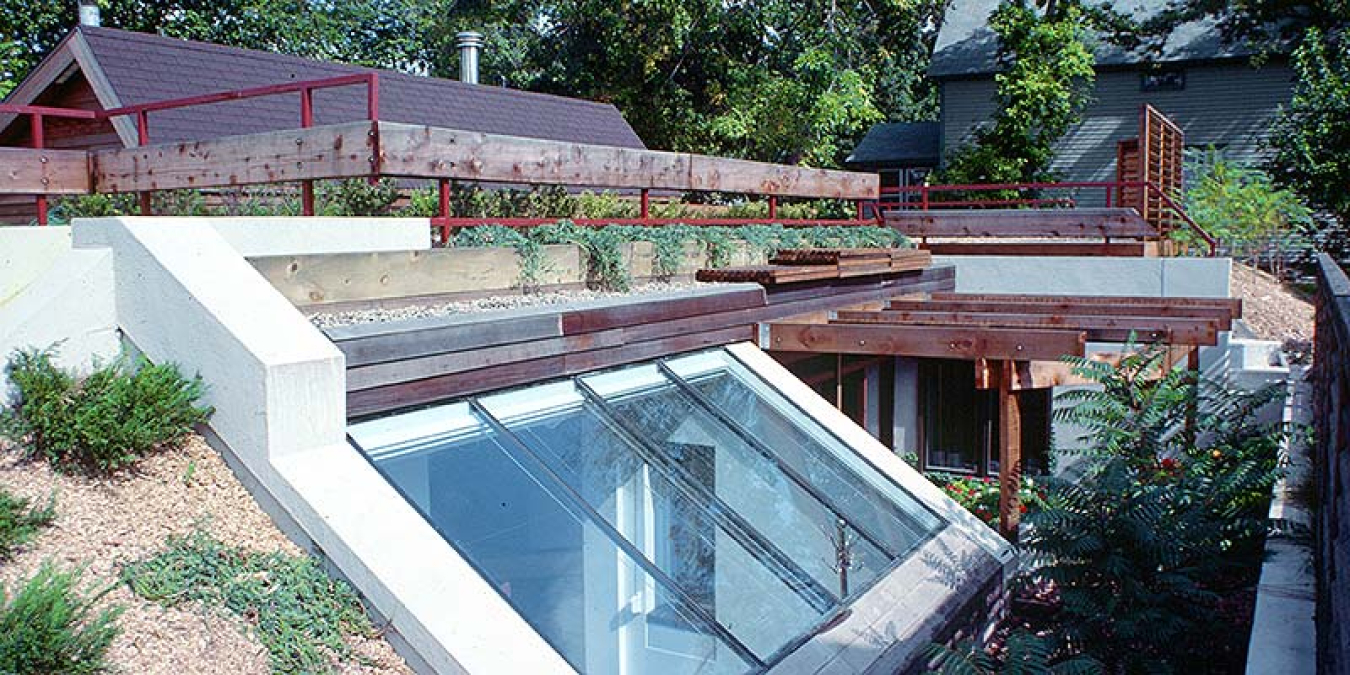Pulse of Information
Your source for the latest insights and updates.
Sweat Less, Save More: The Secret Life of Energy-Efficient Homes
Unlock the secrets to energy-efficient homes! Discover how to sweat less and save more on bills with our expert tips and tricks.
10 Tips for Designing an Energy-Efficient Home
Designing an energy-efficient home not only helps reduce your carbon footprint but also saves you money in the long run. Here are 10 tips for designing an energy-efficient home that can make a significant impact on your energy usage:
- Maximize Natural Light: Use large windows and skylights to take advantage of sunlight during the day, reducing the need for artificial lighting.
- Choose Energy-Efficient Appliances: Look for appliances with Energy Star ratings, as they are designed to consume less energy.
- Use Quality Insulation: Proper insulation keeps your home warm in winter and cool in summer, minimizing heating and cooling costs.
- Install Energy-Efficient Windows: Double or triple-paned windows with low-emissivity coatings help reduce heat loss.
- Implement Smart Home Technology: Smart thermostats and lighting systems can optimize energy usage based on your schedule.
Beyond the basics, consider these additional tips for enhancing your home's energy efficiency:
- Opt for Sustainable Materials: Use materials sourced from renewable resources to minimize environmental impact.
- Landscape Wisely: Planting trees and using other landscaping techniques can provide natural shade, reducing cooling costs.
- Consider a Green Roof: A green roof system can provide insulation and reduce heat absorption, making your home more energy-efficient.
- Utilize Renewable Energy Sources: Investing in solar panels or wind turbines can reduce your reliance on non-renewable energy.
- Conduct an Energy Audit: Regular energy audits can help identify areas where you can improve your home’s efficiency.

How Energy-Efficient Homes Can Save You Money on Utilities
Investing in energy-efficient homes not only contributes to a sustainable future but can also lead to significant savings on utilities. Energy-efficient features, such as high-quality insulation, energy-efficient windows, and Energy Star-rated appliances, can drastically reduce the amount of energy required for heating, cooling, and powering your home. According to the U.S. Environmental Protection Agency's Energy Star program, these enhancements can lead to savings of up to 30% on utility bills. This means that not only will you reduce your carbon footprint, but you'll also keep more money in your pocket over time.
Furthermore, energy-efficient homes are designed to optimize energy use while minimizing waste. Homeowners can benefit from various programs and incentives offered by both federal and local governments, aimed at promoting energy efficiency. For example, tax credits and rebates can offset initial renovation costs, making it easier to transition to a more efficient home. Resources like the Database of State Incentives for Renewables & Efficiency can help you find available benefits in your area, allowing you to maximize your savings while enhancing your quality of life.
What Are the Key Features of an Energy-Efficient Home?
An energy-efficient home is designed to minimize energy consumption while maximizing comfort and convenience. One of the key features of such homes is superior insulation. Properly insulated walls, roofs, and floors reduce the need for heating and cooling systems, resulting in substantial energy savings. According to the U.S. Environmental Protection Agency, homes with high-quality insulation can significantly reduce energy bills and enhance indoor comfort.
In addition to insulation, energy-efficient windows also play a crucial role. These windows are typically double or triple glazed and include low-emissivity (Low-E) coatings that reflect heat back into the home during winter and keep it out during summer. Implementing energy-efficient appliances is another essential aspect; appliances that have the ENERGY STAR® label meet strict energy efficiency guidelines set by the EPA, ensuring lower energy consumption throughout the year. Together, these features contribute to a sustainable living environment that benefits both homeowners and the planet.